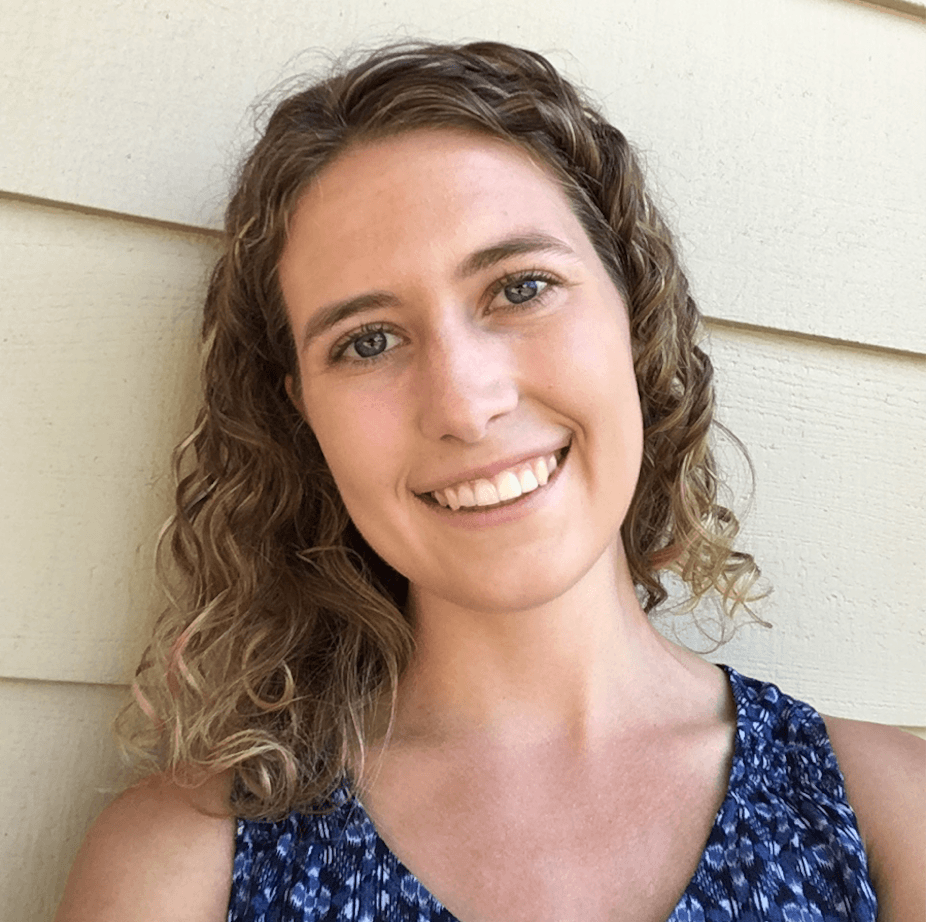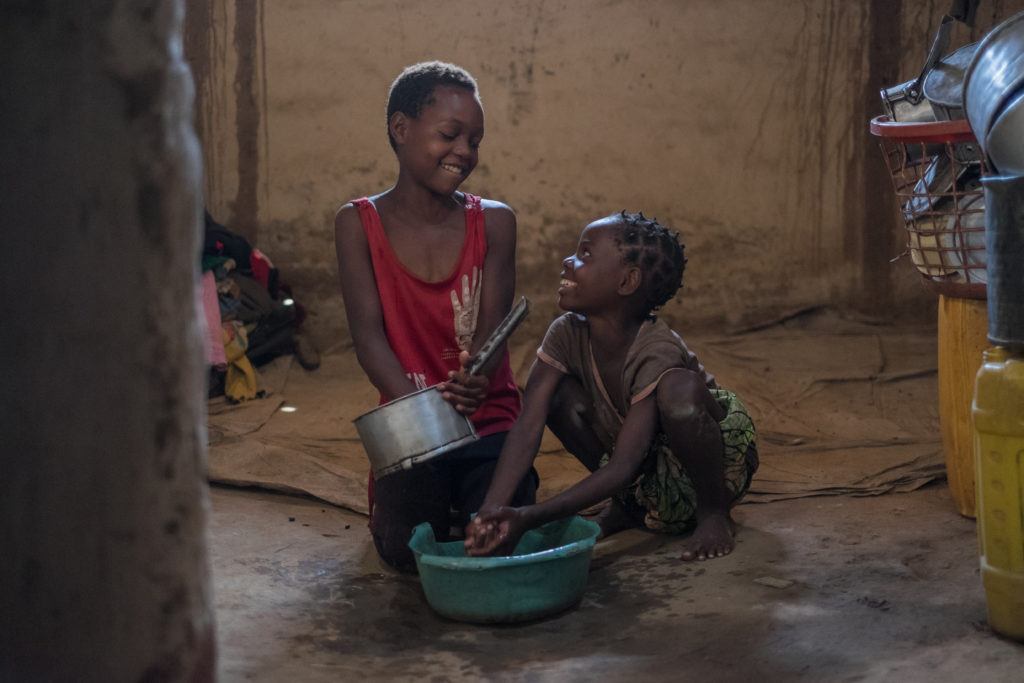Rose Paneno’s Volunteer Story
October 4, 2017 •Rose Paneno • Zambia

Rose Paneno will be working with the CHAMPS program in Mwandi, Zambia focusing specifically on improving water, sanitation and hygiene in communities. In this piece, Rose talks about what motivates her to leave behind everything she knows and loves to serve in one of the most remote and poor communities in Zambia.
“The idea that some lives matter less is the root of all that is wrong with the world”– Paul Farmer
Many people in the world exist on 3 gallons of water per day or less. We use about that amount in one flush of the toilet.
In fact, we take water for granted in almost every aspect of our lives. We don’t have to carry our water to our homes, treat our water, or plan our washing around how much water we can access.
The families of the Mwandi province of Zambia cannot take water for granted. Safe, dependable water sources are not immediately accessible to 82% of households in this region. Instead, unprotected wells, springs, and surface water are used for everyday water needs such as drinking, cooking, and cleaning. Simply reaching water sources is arduous- some families must travel up to two hours to reach a safe water source. This water is often contaminated- leading to increased burdens of waterborne illnesses, a serious threat to infant and child health.
According to the World Health Organization, 842,000 people globally are estimated to die annually from diarrheal diseases resulting from unsafe water and sanitation. The inherent injustice of water inaccessibility and the risks it poses for human health are integral to the work of CMMB in the Mwandi province. In Mwandi, CMMB has been working with Community Health Workers to educate and empower communities to adopt practices such as hand washing, latrine use, and water treatment. Using the UNICEF water and sanitation strategies, CMMB is working to develop safe water sources and waste management for communities in Mwandi.
As a volunteer with CMMB, I will be working alongside these community health workers and the CHAMPS program to ensure a future of clean water access and health justice in rural Zambia. By directly addressing the voices and needs of the women and children of these communities, my efforts will sustainably improve health outcomes for some of the most vulnerable.
My journey to working with CMMB probably began in the rural Iganga district of Uganda. I was placed there with Uganda Village Projects to develop the public health capacity of the rural village. As a part of an intercultural team working closely with the village health team members, I learned firsthand the healthcare barriers experienced not only by this community, but also by many communities unnoticed by the developed world. I was particularly struck by the strength of the women that I regularly interacted with- their ingenuity and perseverance as they worked tirelessly to feed their children and walked lengthy distances for clean water. Working with these women to facilitate safer water solutions and improved hygiene allowed me to see how international collaboration could empower communities to achieve greater health sustainability.
Upon returning to the United States I found myself continually shadowed by the recognition of this inequality. I was no longer carrying my water or taking bucket showers, but I could not forget about the many that still lacked access to latrines or neighborhood wells.
When I found CMMB, I was inspired by their dedication to eliminating health inequalities experienced by the most vulnerable: women and children. CMMB’s commitment to reduce preventable illness by engaging in community health system development and hospital based medical care aligns with my passion for eliminating preventable disease in underserved communities. I hope to bring my enthusiasm and dedication to the ongoing CMMB projects in Mwandi during my 6-month volunteer tenure.


